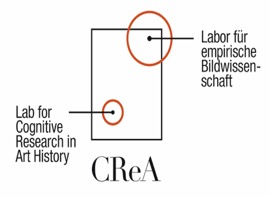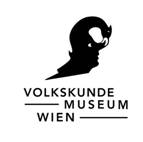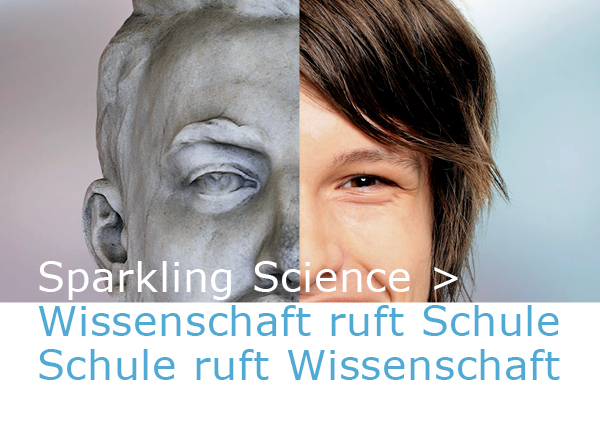Academy of fine arts Vienna / IKL and Laboratory for Cognitive Research in Art History - University of Vienna, Department of Art History
City-Country-Child
An Intergenerational Ethnography on Rural Images of Longing
Taking the unique photography collection of the Austrian Museum of Folk Life and Folk Art as its starting point, the research project “Stadt-Land-Kind” (City-Country-Child) investigated the myth of a “better life in the countryside” from an intergenerational perspective. In dialogue with social scientists, and in exchange with older generations of parents and grandparents, pupils conducted research into prevailing urban/rural sentimental and ideological constructions and the corresponding images and meanings they produce. The project asked about the social models and (future) promises that are deeply rooted in images of the idyllic countryside. What do we say and what do we feel when we connect these often backwards-looking pictures with our present-day life? On the one hand, the project’s objective was to deconstruct conventional notions of authenticity that are often used in today’s images of the countryside by touristic, commercial and political branding. On the other hand, by way of asking what images we use to “write” our history of the countryside, the project aimed to update rural conceptions through a critical investigation of historically and culturally constructed motifs of longing, as well as by an active-reflexive production of new images of the countryside.
For two years – the entire duration of the project – we conducted our research in close cooperation with three partner schools from three rural regions of Austria: Waldviertel, East Tyrol and Bregenzer Wald. The schools were the Primary School Rastenfeld (Lower Austria), the New Middle School Kals am Großglockner (Tyrol) and the Werkraumschule Bregenzerwald (Vorarlberg). This constellation included three age groups as well as three different types of schools. Overall, more than 100 citizen scientists participated in the project, including the pupils, their families and further local participants. This enabled us to differentiate age- and region-specific perspectives. During the collective field research and image analysis three different methods were applied: intergenerational picture talks, photo expeditions (these first two methods were specifically developed for our project), and research postcards in the tradition of historical ethnographic field research. During the intergenerational picture talks, pupils shared their personal memories and experiences – elicited by historical and contemporary images of the countryside – as well as their knowledge and conceptions of the future of country life with their parents and grandparents, teachers and neighbours. During the photo expeditions the pupils produced new images of the countryside depicting their personal perspectives on their rural environment, which allowed us to consciously counter current visual politics as is often seen in advertising and the like. 108 photographs and 50 postcards entered the collection of the Museum of Folk Life and Folk Art as contemporary documents.
Based on our manifold findings and visual-material productions, we curated the research exhibition Retropia: Talking about Rural Images of Longing, which was on display from April to June 2019 at the Museum of Folk Life and Folk Art in Vienna. The exhibition fostered an understanding of the research process with contributions by the pupils. The Top Citizen Science expansion project, “Stadt-Land-Bild. A Social Image Analysis of Contemporary Conceptions of Longing,” continued our research with visitors in the exhibition space.
The exhibition illustrated our core finding that a new longing for the countryside is a highly relational phenomenon. Fantasies of a good life in the countryside are not necessarily linked to certain geographical regions, places or locations. Far more, they are shaped by biographical experiences and actual life conditions that come into play when talking about images in a multi-sensory and multi-perspectival way. Longing for the countryside particularly presented itself as an alternate construction to a person’s everyday life and to the present time. When comparing the different generations, parents seemed to have a strong desire for quietude and slowing down. Too, sensory-physical memories like handicrafts or hiking proved to be a strong reference to the country life for members of all generations. While these leisure activities are usually fun for the pupils, some members of the grandparent generation reacted to historical photographs with memories of times of deprivation; this introduced a critical perspective towards the “good old days.”
The different points of view and stories gathered from the Intergenerational Picture Talks, combined with the experiences from the active-reflexive image production with the pupils through photo expeditions and postcard workshops, brought about new and multilayered perspectives and insights for us. The impetus for educational policy resided in the exploration of an open concept of Heimat (“home”) and the enhacement of visual literacies among pupils and their families. There is scientific benefit to be gained from empirically observing today’s manifestation of the usually vaguely discussed phenomenon of longing for the countryside. Differentiation was achieved by content analysis as well as visual-material analysis.
Team:
Martina Fineder, Paul Reiter (Academy of Fine Arts Vienna)
Luise Reitstätter, Mark Elias Napadenski (University of Vienna)
Herbert Justnik, Astrid Hammer, Katharina Zwerger-Peleska (Austrian Museum of Folk Life and Folk Art)
Iris Ranzinger (photography, digital images, archive)
Project duration & project partners:
“City-Country-Child” was a project of the Academy of Fine Arts Vienna in cooperation with the Laboratory for Cognitive Research at the University of Vienna, the Austrian Museum of Folk Life and Folk Art, the Werkraum Bregenzerwald, the Primary School Rastenfeld, the New Middle School Kals am Großglockner and the Werkraumschule Bregenzerwald. It ran from 1 September 2017 until 31 October 2019. It was conducted through the grant program Sparkling Science, funded by the Federal Ministry of Education, Science and Research.
 |  |  |  |
Video
This project fulfilled version 1.1 of the quality criteria for citizen science projects on Österreich forscht.
- history
- media
- culture

